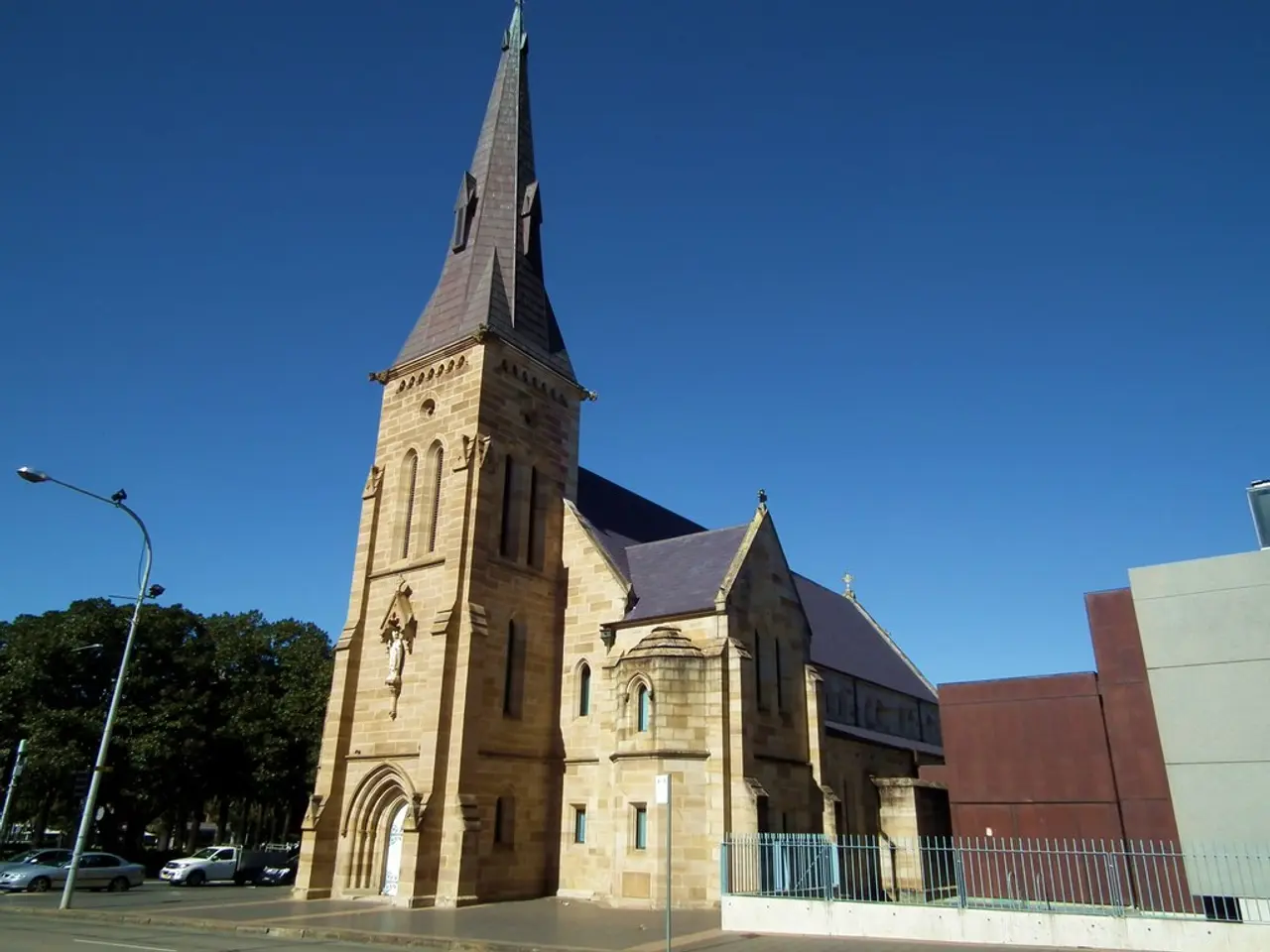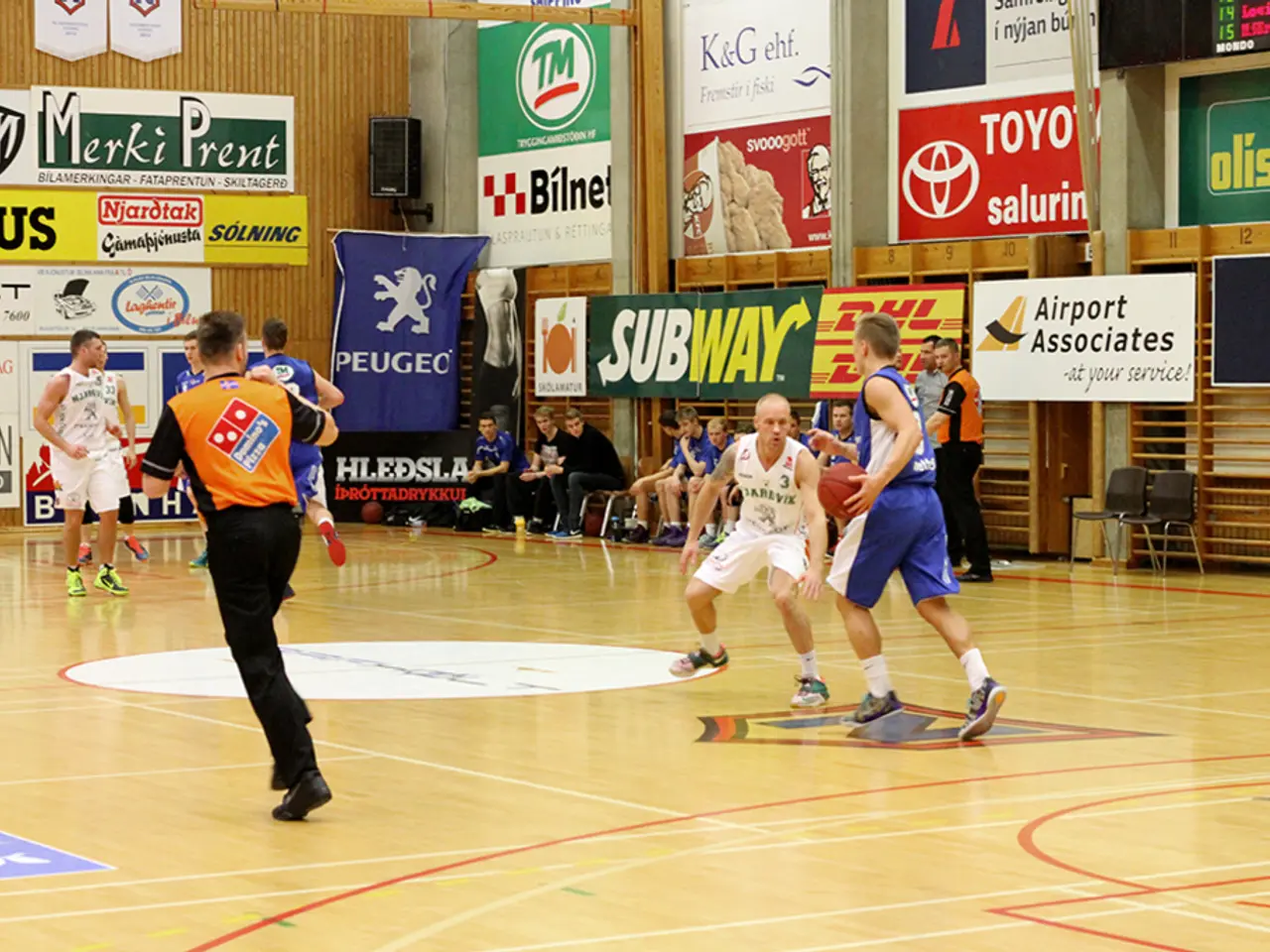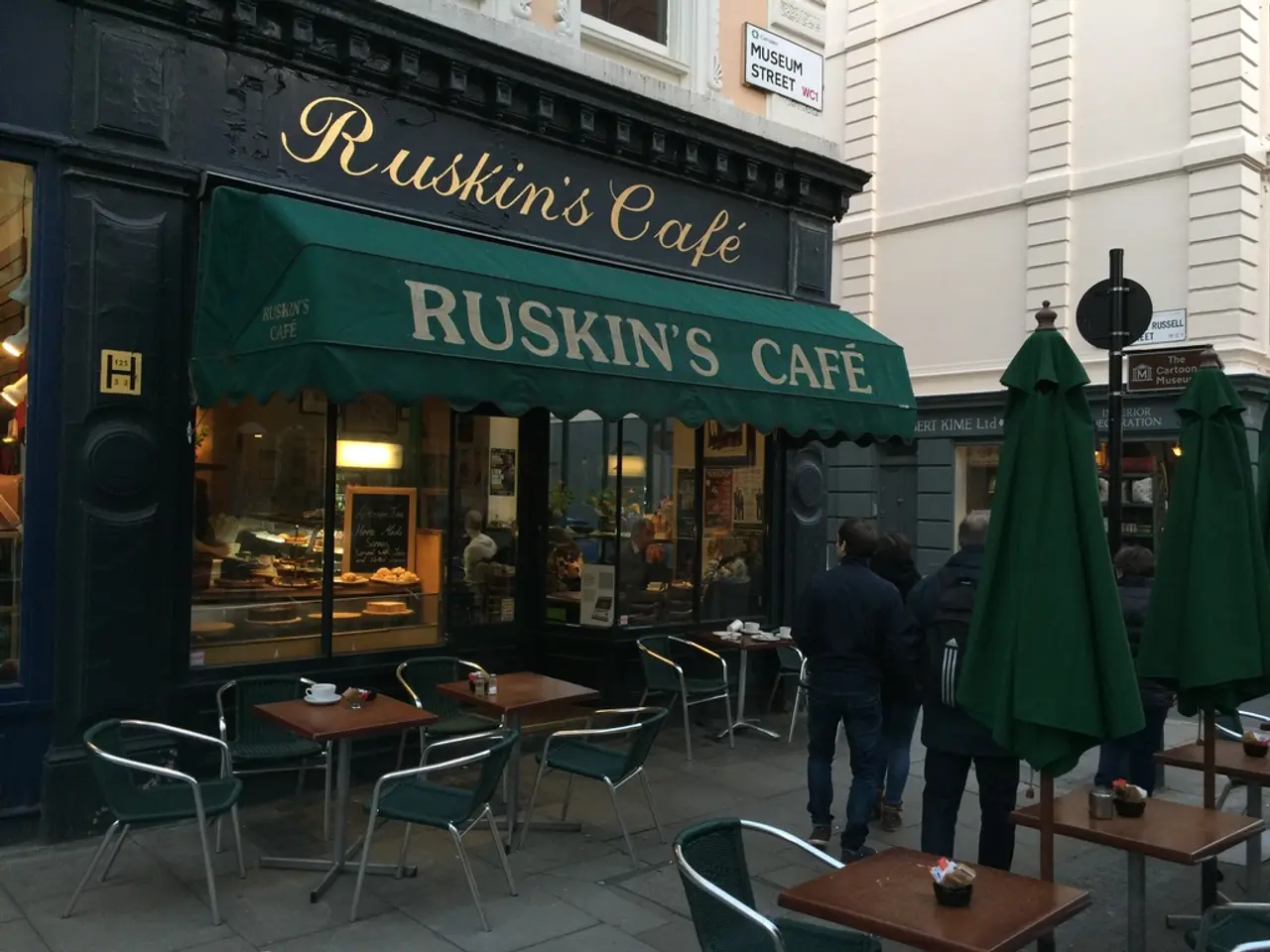Energy park construction nears completion - Campus Reuter set for occupancy soon - Energy park Campus Reuter is nearing completion, set to become operational soon due to BEW's transformation efforts.
The Energy Park Reuter in Berlin-Spandau, the largest production site of BEW Berliner Energie und Wärme, is undergoing a significant transformation as it plans to phase out coal use and transition towards renewable energy by 2030. This move aligns with Germany's broader national goals, aiming to phase out coal-fired power generation by 2030 and increase renewable energy production significantly.
Currently, energy production at the Energy Park Reuter is mainly carried out using two power plant blocks built in the 1980s, which generate electricity and district heat from coal in a combined heat and power process. However, the goal is to cease coal use at the Energy Park Reuter and shut down these two power plant blocks by 2030.
The Energy Park Reuter is home to the largest Power-to-Heat plant in Europe, which converts electricity into heat for heating and hot water for the equivalent of around 30,000 households in winter. This plant plays a crucial role in the Energy Park Reuter's current energy production, but it is expected to take on an even more significant role as the park transitions towards renewable energy.
In addition to the energy transition, the Energy Park Reuter is also undergoing a physical transformation. A new campus, combining innovative technology with modern corporate culture, is being built on the site. The new campus, expected to be ready for occupation by September, will feature modern offices and a new cafeteria. According to Christian Feuerherd, Chairman of the BEW Management Board, the campus is a place of change, modern, efficient, and human-centered.
The Energy Park Reuter, along with sites in Charlottenburg and Moabit, supplies district heating and hot water to around 220,000 apartments in the northwest of Berlin, as well as schools and swimming pools. Although specific details about the Energy Park Reuter's role in the national energy transition are not explicitly mentioned, it is located in Berlin, a city that supports Germany’s national energy transition goals.
Berlin is generally pushing to phase out fossil fuels and increase renewable energy use by 2030, likely including local energy hubs such as Energy Park Reuter. The long-term plan includes reaching about 90% carbon-neutral electricity generation by 2030, heavily relying on expanding renewable sources like solar and wind power.
While no direct information references the Energy Park Reuter specifically, its plans for coal phase-out and renewable transition by 2030 would likely be consistent with Germany’s overall Energiewende framework: phasing out coal-fired power within the decade, increasing renewable energy capacity (solar, wind, biofuels), navigating short-term energy security challenges with temporary coal plant reactivations, and targeting a predominantly carbon-neutral electricity supply by 2030.
For more detailed, location-specific plans for the Energy Park Reuter, consulting Berlin’s local energy transition initiatives or the park’s official communications would be recommended.
- The community policy at the Energy Park Reuter is expected to shift significantly as the park aims to align with Germany's energy policy, transitioning away from coal and increasing renewable energy production by 2030.
- The science behind renewable energy will play a crucial role in the Energy Park Reuter's transformation, with climate-change mitigation objectives being prioritized in the energy policy.
- As the Energy Park Reuter moves towards renewable energy, the industry's financial aspect will be impacted, likely requiring investments in new technologies and infrastructure.
- The Energy Park Reuter's transition towards renewable energy, along with Berlin's broader environmental-science objectives, underscores the city's commitment to combating climate-change and increasing the use of renewable energy.




